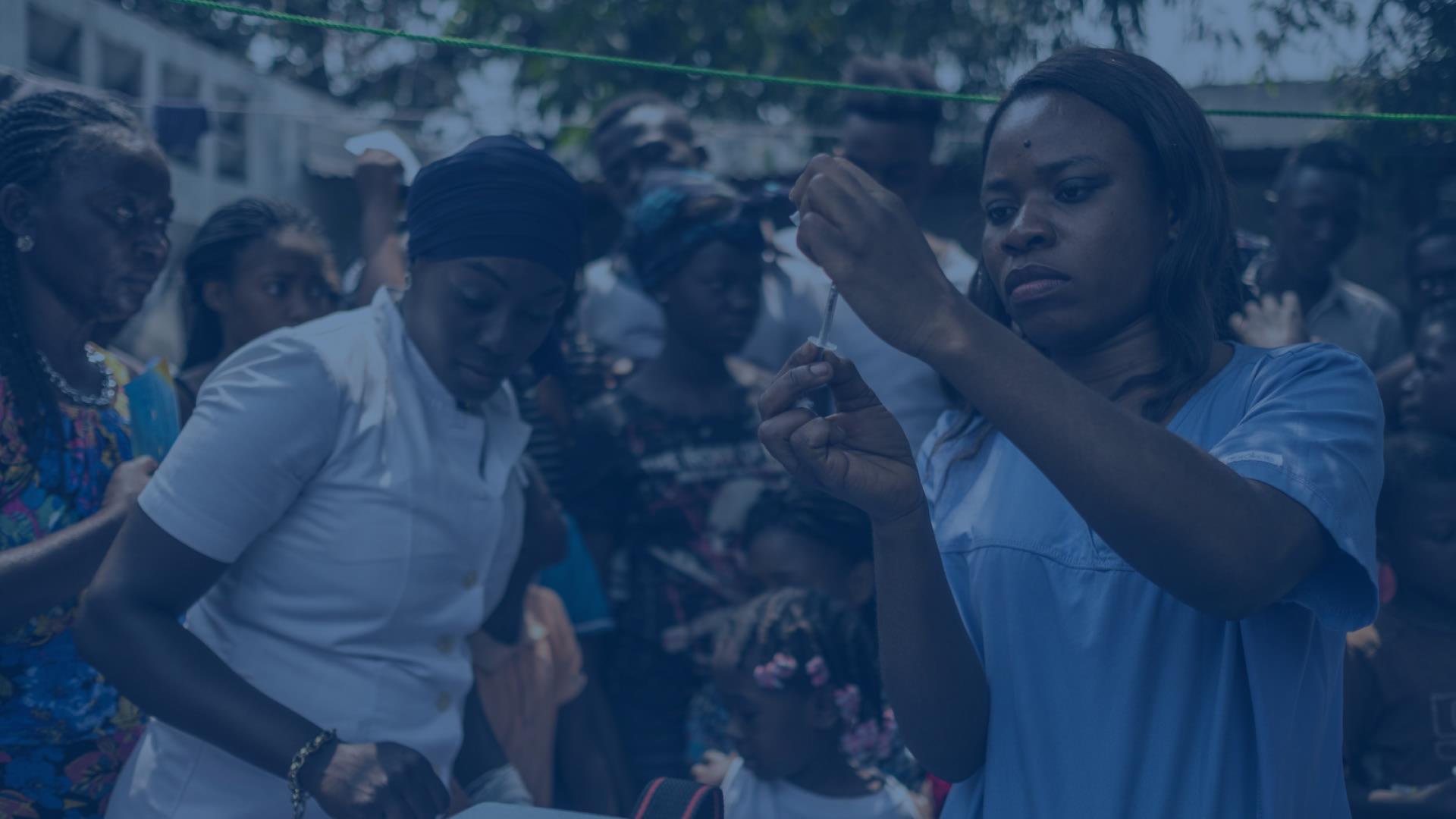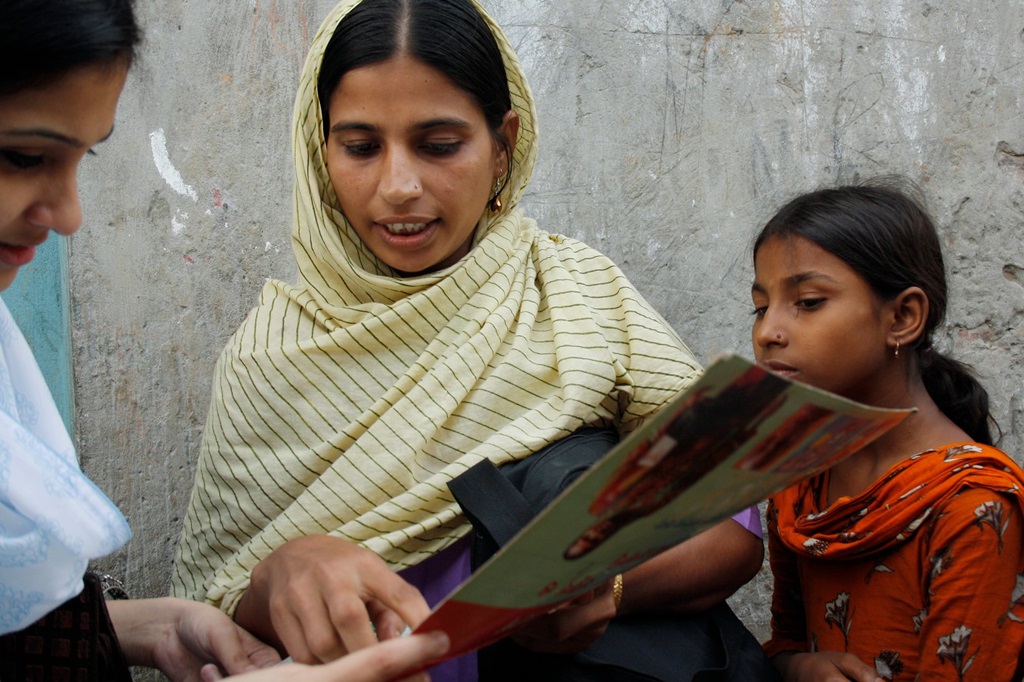
![]()
Data, Analytics and Delivery for Impact
IMPROVING MEASUREMENT
FOCUSING ON RESULTS
DELIVERING IMPACT
The WHO Division of Data, Analytics and Delivery for Impact (DDI) was created to foster a relentless focus on results to deliver on the health-related Sustainable Development Goals and meet the Triple Billion targets, backed by the highest standards of health data.
The Division encourages excellence in data and analytics to inform strategic policy dialogue by working with countries, regions and partners. It aims to inspire people with the power of data by sparking conversations and consultations based on data-fueled evidence.

IN FOCUS: 2022
Previous editions
Strategy

Improving measurement
Strengthening country data and health information systems through robust data standards and governance.

Focusing on results
Bringing dynamic data analytics and insights to drive public health performance and policies.

Delivering impact
Delivering the triple billion targets in countries through data-driven stocktakes that identify barriers and accelerate progress towards the health-related SDGs.
Featured activities
Featured work on data from across the organization.

Data at WHO
Profiling the flagship standards, tools and data products of WHO across all levels of the organization.
Objectives

Improving measurement
Establish data standards and principles.
Use the SCORE for Health Data Technical Package to close data gaps and strengthen health information systems in all countries.
Support countries to increase the use of digital technologies for data collection and analytics and adapt to local contexts.

Malaria transmission levels vary across Mozambique, with the prevalence of the malaria parasite in children ranging from under 15% in the southern regions to 60% in the central and northern regions. For the Government of Mozambique and partners to effectively prevent, treat and control malaria transmission, they must first obtain baseline data for each district, including how many people are at risk and where they live. In a process that began in 2015 and continues today, a census worker collects important data from citizens. That information is fed into the national statistical system to inform critical choices under the National Malaria Control Programme, such as which services to offer where, and for whom.
Focusing on results
Ensure every country has access to timely, reliable and disaggregated data to drive equitable policy and programmatic action on heath.
Provide a transparent, complete and open data system to promote trust, streamline processes, and support health data as a global public good.
Track the joint efforts of WHO, countries and partners to meet the SDGs and GPW 13 Triple Billion targets through the Results Framework, Delivery Stocktakes, and Triple Billion dashboard.

Delivering impact
Ensure accountability through routine, data-driven Delivery Stocktakes to review progress, course correct, and prioritize interventions.
Support countries to meet their strategic objectives and targets through capacity building and training in delivery tools and methodologies.
Leverage partnerships to inform strategic policy dialogue and align technical and financial resources with regional and country priorities.
Leadership
Assistant Director-General
Director, Department of Data and Analytics
Director, Department of Delivery for Impact
Teams
Department of Data and Analytics
Improving measurements and filling data gaps.
Department of Delivery for Impact
Focusing on results and optimizing impact.
